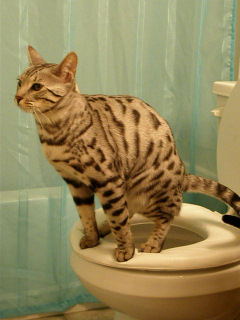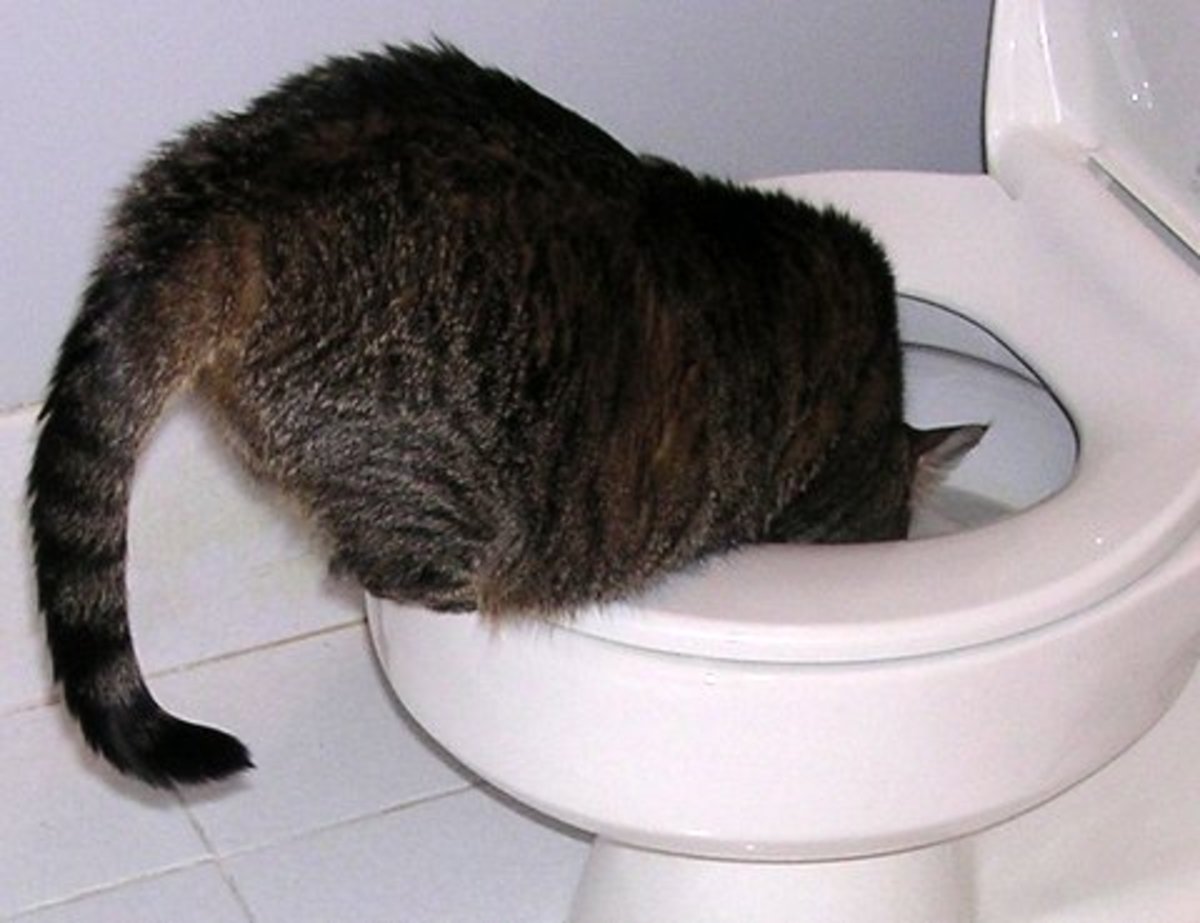Prevent Clogs and Damage: Don't Flush Cat Poop Down Your Toilet - Expert Recommendations
Prevent Clogs and Damage: Don't Flush Cat Poop Down Your Toilet - Expert Recommendations
Blog Article
We have noticed this great article relating to Don’t flush cat feces down the toilet listed below on the internet and accepted it made sense to share it with you on my blog.

Introduction
As pet cat owners, it's vital to bear in mind just how we get rid of our feline close friends' waste. While it may appear hassle-free to flush feline poop down the toilet, this technique can have detrimental repercussions for both the environment and human health and wellness.
Alternatives to Flushing
Luckily, there are much safer and much more accountable means to deal with feline poop. Consider the complying with choices:
1. Scoop and Dispose in Trash
The most typical technique of dealing with cat poop is to scoop it right into an eco-friendly bag and toss it in the trash. Make sure to make use of a specialized clutter inside story and throw away the waste promptly.
2. Usage Biodegradable Litter
Choose eco-friendly pet cat litter made from materials such as corn or wheat. These litters are environmentally friendly and can be securely gotten rid of in the trash.
3. Bury in the Yard
If you have a backyard, take into consideration burying pet cat waste in an assigned area away from vegetable gardens and water resources. Make sure to dig deep enough to avoid contamination of groundwater.
4. Mount a Pet Waste Disposal System
Buy an animal waste disposal system particularly made for pet cat waste. These systems use enzymes to break down the waste, reducing odor and environmental impact.
Health Risks
Along with ecological worries, flushing feline waste can also position health threats to human beings. Feline feces may contain Toxoplasma gondii, a bloodsucker that can trigger toxoplasmosis-- a potentially extreme ailment, especially for expectant women and individuals with damaged immune systems.
Ecological Impact
Flushing cat poop introduces dangerous pathogens and parasites into the water supply, positioning a substantial risk to marine ecosystems. These pollutants can adversely influence aquatic life and compromise water top quality.
Verdict
Responsible pet dog ownership expands past offering food and sanctuary-- it also includes appropriate waste monitoring. By refraining from purging pet cat poop down the commode and selecting different disposal approaches, we can lessen our ecological footprint and shield human health.
Why Can’t I Flush Cat Poop?
It Spreads a Parasite
Cats are frequently infected with a parasite called toxoplasma gondii. The parasite causes an infection called toxoplasmosis. It is usually harmless to cats. The parasite only uses cat poop as a host for its eggs. Otherwise, the cat’s immune system usually keeps the infection at low enough levels to maintain its own health. But it does not stop the develop of eggs. These eggs are tiny and surprisingly tough. They may survive for a year before they begin to grow. But that’s the problem.
Our wastewater system is not designed to deal with toxoplasmosis eggs. Instead, most eggs will flush from your toilet into sewers and wastewater management plants. After the sewage is treated for many other harmful things in it, it is typically released into local rivers, lakes, or oceans. Here, the toxoplasmosis eggs can find new hosts, including starfish, crabs, otters, and many other wildlife. For many, this is a significant risk to their health. Toxoplasmosis can also end up infecting water sources that are important for agriculture, which means our deer, pigs, and sheep can get infected too.
Is There Risk to Humans?
There can be a risk to human life from flushing cat poop down the toilet. If you do so, the parasites from your cat’s poop can end up in shellfish, game animals, or livestock. If this meat is then served raw or undercooked, the people who eat it can get sick.
In fact, according to the CDC, 40 million people in the United States are infected with toxoplasma gondii. They get it from exposure to infected seafood, or from some kind of cat poop contamination, like drinking from a stream that is contaminated or touching anything that has come into contact with cat poop. That includes just cleaning a cat litter box.
Most people who get infected with these parasites will not develop any symptoms. However, for pregnant women or for those with compromised immune systems, the parasite can cause severe health problems.
How to Handle Cat Poop
The best way to handle cat poop is actually to clean the box more often. The eggs that the parasite sheds will not become active until one to five days after the cat poops. That means that if you clean daily, you’re much less likely to come into direct contact with infectious eggs.
That said, always dispose of cat poop in the garbage and not down the toilet. Wash your hands before and after you clean the litter box, and bring the bag of poop right outside to your garbage bins.
https://trenchlesssolutionsusa.com/why-cant-i-flush-cat-poop/

I was shown that write-up on Can You Flush Cat Poop Down The Toilet? from an acquaintance on our other web page. Enjoyed reading our write up? Please share it. Let someone else discover it. We recognize the value of reading our article about Don’t flush cat feces down the toilet.
Call Today Report this page